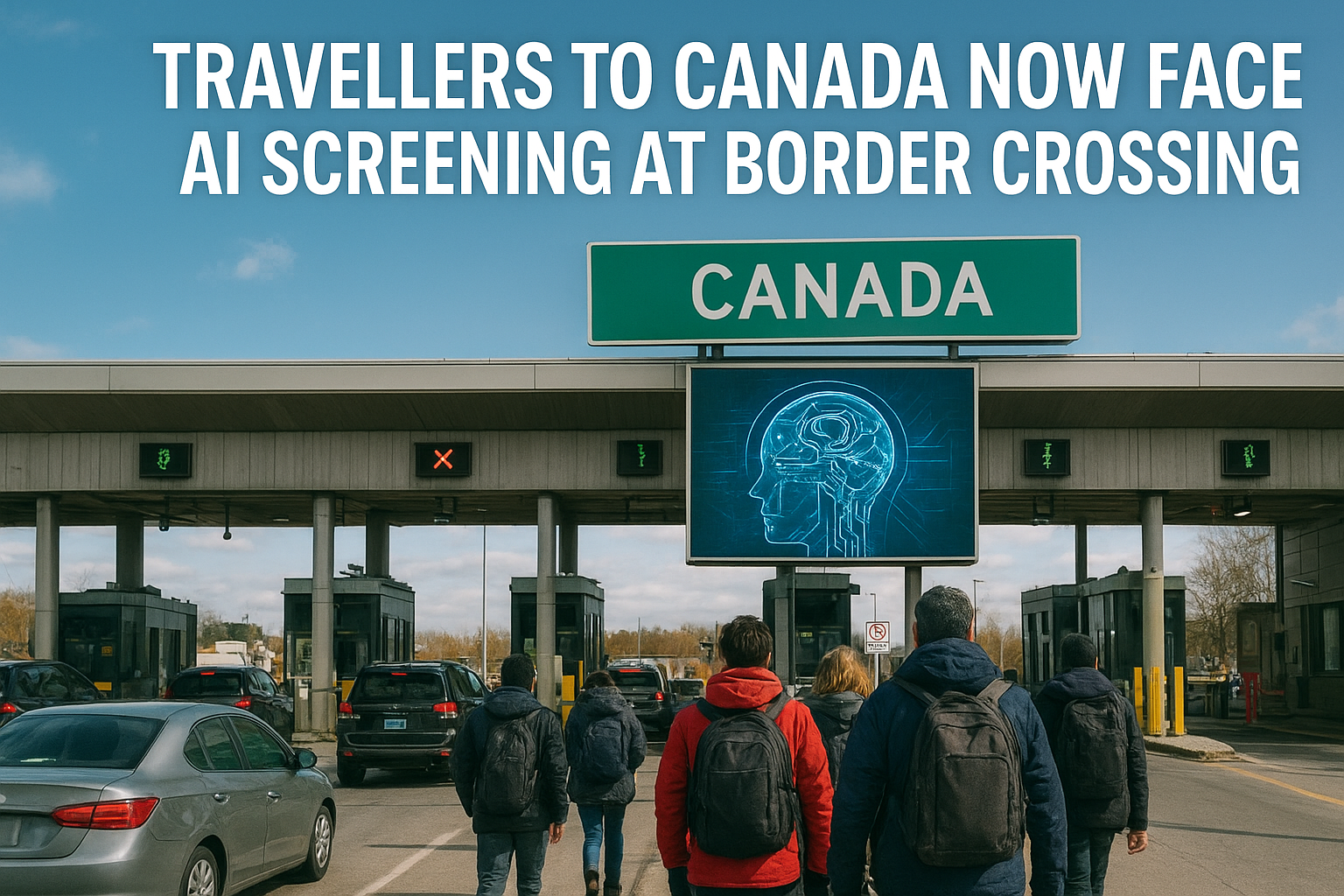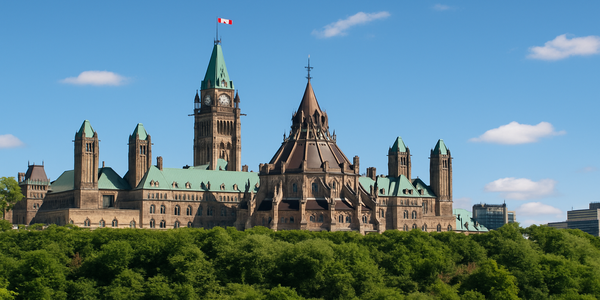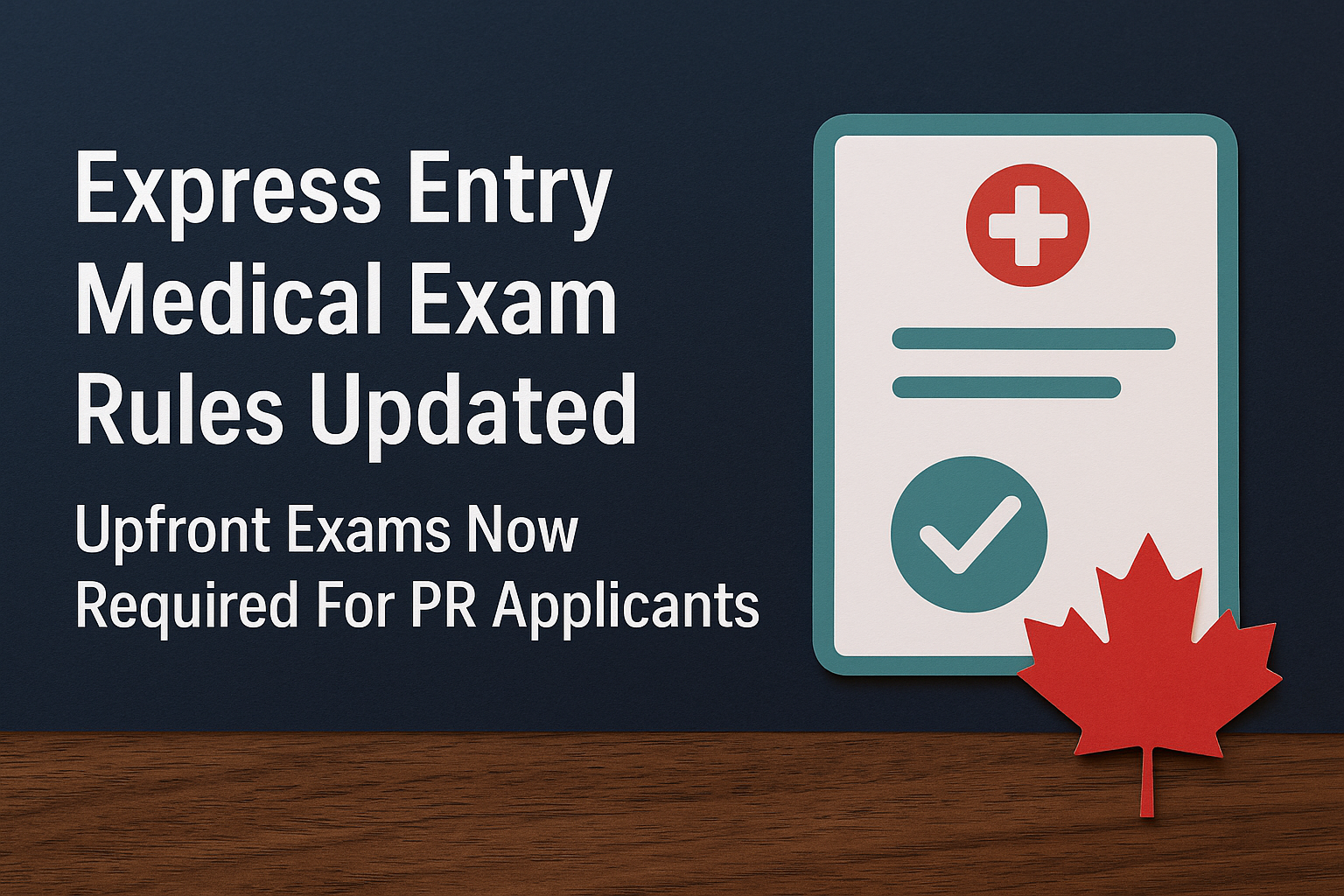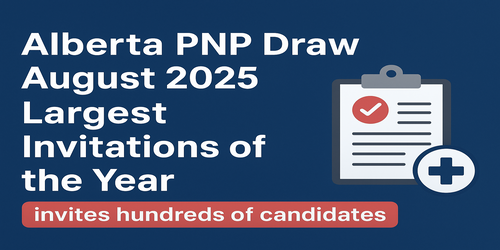Travelers coming to Canada are now subject to artificial intelligence AI screening at some lands port of entry, as Canada Border Services Agency (CBSA) expands its efforts to modernize and improve border security and enhance efficiency.
The new system, called the Travel Compliance Indicator (TCI), assigns a “compliance score” to each person entering Canada. This score helps border officers decide whether a traveler—or the goods they carry—should be referred for additional inspection.
What Is the Travel Compliance Indicator?
The TCI system uses predictive analytics and machine learning models built on last five years CBSA data: It analyzes several points such as:
- Travel history of from CBSA records
- Mode of transport (car, plane, or ship)
- Whether the traveler is alone or accompanied
- Type of identification used
- Vehicle details, such as license plate numbers
This information is compared against patterns of compliance with Canadian border laws, including the Customs Act. Important to note that CBSA has confirmed AI does not make the final decisions-human officers remain responsible for determining whether to allow or further examine a traveler.
Current Rollout and Future Expansion of ai screening
The AI border screening software is already in use at six undisclosed land ports of entry. These are the crossings between Canada and USA. The government plans to expand the system to all the Canadian borders by late 2027, followed by rollout at major airports and seaports.
Canada’s major airports are Toronto International Airport, Montreal Airport, Vancouver Airport and Calgary Airport. If you are an prospective international student or a visitor, major chance are that you will land at these airports.
This project will cost over $15 million to federal government to develop it totally and annual maintenance of this project will cost around $700,000 per annum. Canada wants to leverage the technology of Artificial Intelligence (A.I.) to modernize its Border control strategy.
Benefits for Travelers and Border Officers Of AI Screening
CBSA says it aims to reduce the wait times and avoid any false positive through TCI. By using AI, CBSA aims to :
- Speed up entry for compliant travelers (this will boost trade)
- Improve screening accuracy
- Strengthen Canada’s border security
- Allow officers to focus resources on higher-risk cases
What are The Privacy and Accuracy Concerns
while CBSA says that AI will only support Officer decision making but on the other hand critics points to potential risks. If AI inaccurately flags someone, then the traveler faces unnecessary delays or harassment.
CBSA acknowledges these concerns but stresses that human oversight remains central to the process.




